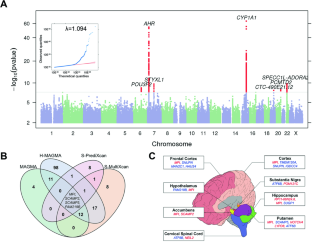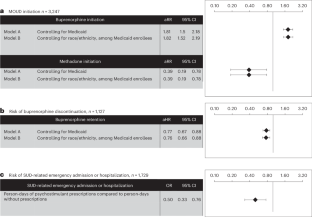2024-06-18 マサチューセッツ大学アマースト校

Non-native species (red) are spreading muchfaster than native species (blue). The dotted line indicates how fast species need to move to keep up with climate change. Credit: 10.1146/annurev-ecolsys-102722-013135
<関連情報>
- https://www.umass.edu/news/article/non-native-plants-and-animals-expanding-ranges-100-times-faster-native-species-finds
- https://www.annualreviews.org/content/journals/10.1146/annurev-ecolsys-102722-013135
気候変動に伴う在来種と外来種の生息域の変化とその可能性
Observed and Potential Range Shifts of Native and Nonnative Species with Climate Change
Bethany A. Bradley, Evelyn M. Beaury, Belinda Gallardo, Inés Ibáñez, Catherine Jarnevich, Toni Lyn Morelli, Helen R. Sofaer, Cascade J.B. Sorte, and Montserrat Vilà +
Annual Reviews of Ecology, Evolution and Systematics Published:June 17, 2024
DOI:https://doi.org/10.1146/annurev-ecolsys-102722-013135
There is broad concern that the range shifts of global flora and fauna will not keep up with climate change, increasing the likelihood of population declines and extinctions. Many populations of nonnative species already have advantages over native species, including widespread human-aided dispersal and release from natural enemies. But do nonnative species also have an advantage with climate change? Here, we review observed and potential range shifts for native and nonnative species globally. We show that nonnative species are expanding their ranges 100 times faster than native species, reflecting both traits that enable rapid spread and ongoing human-mediated introduction. We further show that nonnative species have large potential ranges and range expansions with climate change, likely due to a combination of widespread introduction and broader climatic tolerances. With faster spread rates and larger potential to persist or expand, nonnative populations have a decided advantage in a changing climate.

